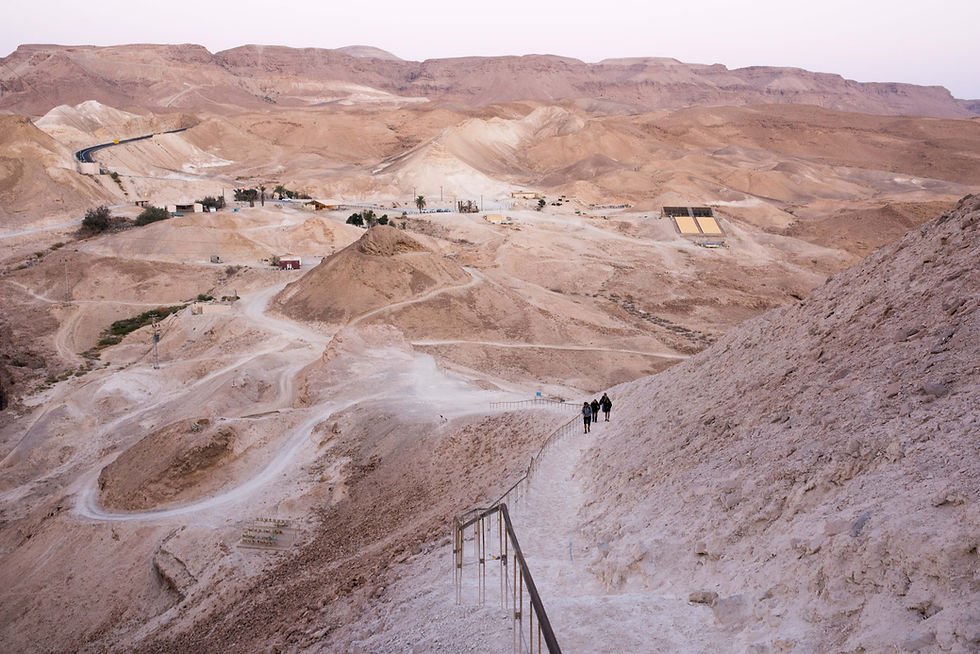The Lost Kingdoms

The area between Egypt and India contains the world's oldest known civilisations: Uruk, Babylon, pharaonic Egypt. This area was also the birthplace for several of the world's cultures and religions such as Judaism, Christianity and Islam. The list of dates below shows this in more detail.
Ostensibly all these ancient civilisations died out long ago. Any long-dead king from ancient Babylon, or pharaoh, would not recognise much in the modern Middle East. The region's capital cities, its political entities and languages have all changed.
Yet religion often preserves, in its rituals and language, customs and habits that otherwise have become extinct. So it is with the surviving minority faiths of the Middle East - and with certain strands of Islam, too. The Mandaeans who lived for centuries in Iraq's southern marshes are the closest thing there is to descendants of ancient Babylon. The Zoroastrians of Iran keep alive the ideas and rituals of the ancient Persian Empire. The Druze, who practise a version of Islam, have preserved the ancient world's veneration for the Greek philosophers.
These traditions are under threat both from actual persecution and the spread of modernity and globalization. But these communities still do exist, as shown on the map above.

TIMELINE
1401 AD | Tamerlane’s sack of Baghdad |
1263 AD | Birth of Ibn Taymiyyah conservative critic of Druze and other heterodox Muslims |
1258 AD | Sack of Baghdad by Genghis Khan |
1160 AD | Death of Sheikh Adi one of the key figures in the development of the Ezidi religion of northern Iraq |
1017 AD | The Druze faith is first openly taught in Cairo |
900 AD | Islam becomes majority religion in Egypt |
634-654 AD | Arab Muslims conquer all lands from Morocco to Iran |
312 AD | Constantine is the first Roman emperor to adopt Christianity |
274 AD | Death of Mani founder of Manichaeism; Mandaeans already exist in Iraqi Marshes |
70 AD | Sack of Jerusalem by the Romans and destruction of the Second Jewish Temple |
332 BC | Alexander the Great conquers Persia destroys Persepolis; soon after passes Hindu Kush |
550 BC | Approximate date of renovation of moon-temple at Harran: temple survives well into Islamic era |
587 BC | Nebuchadnezzar sacks Jerusalem deports leading Jews to Babylon; on their return forty years later Jewish-Samaritan hostility increases |
7000 BC | First known agricultural settlement in what is now Iraq |
2560 BC | Great Pyramid built in Egypt |
1900 BC | Indo-Europeans arrive in India perhaps including ancestors of the Kalash people |
1842 BC | Babylon emerges as an independent city state |
1000 BC | Probable date of composition of the Zoroastrian scriptures the Avesta |
740 / 722 BC | Assyrians attack Israel take some of its people into captivity – later known as the “Ten Tribes”; Samaritans say that their ancestors were spared |

